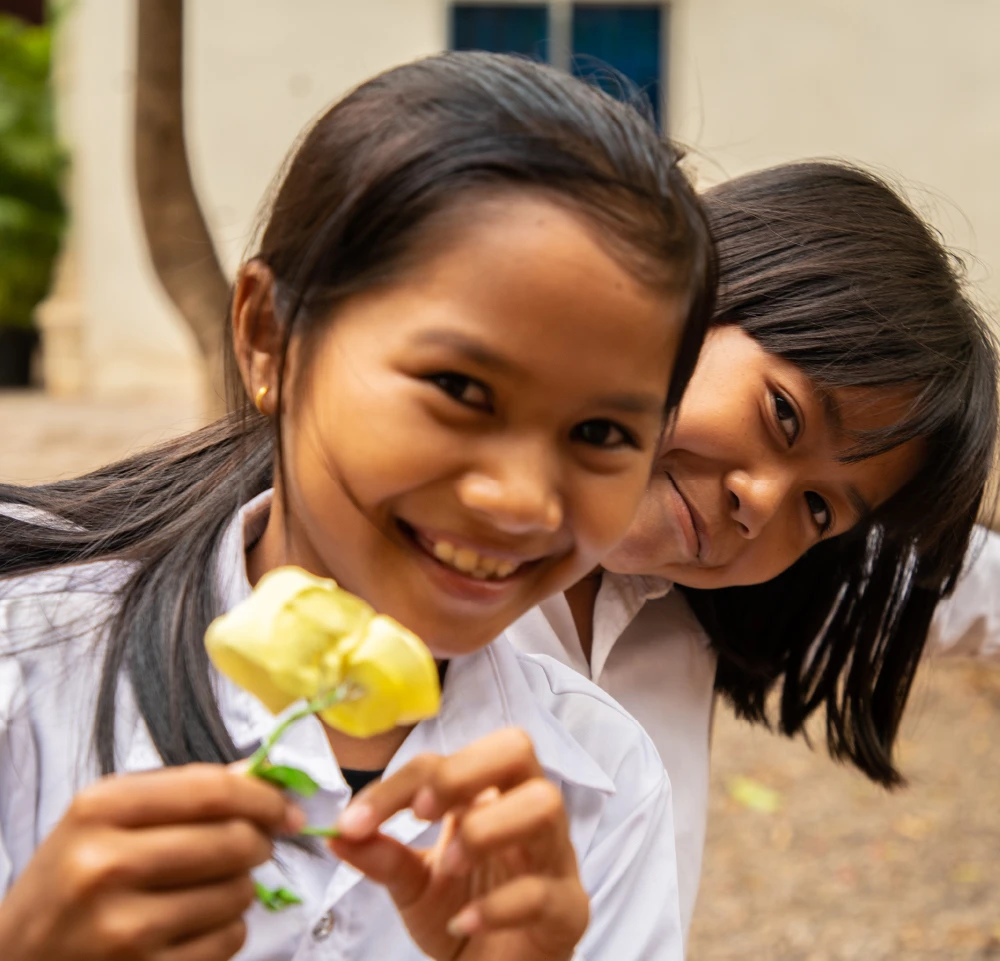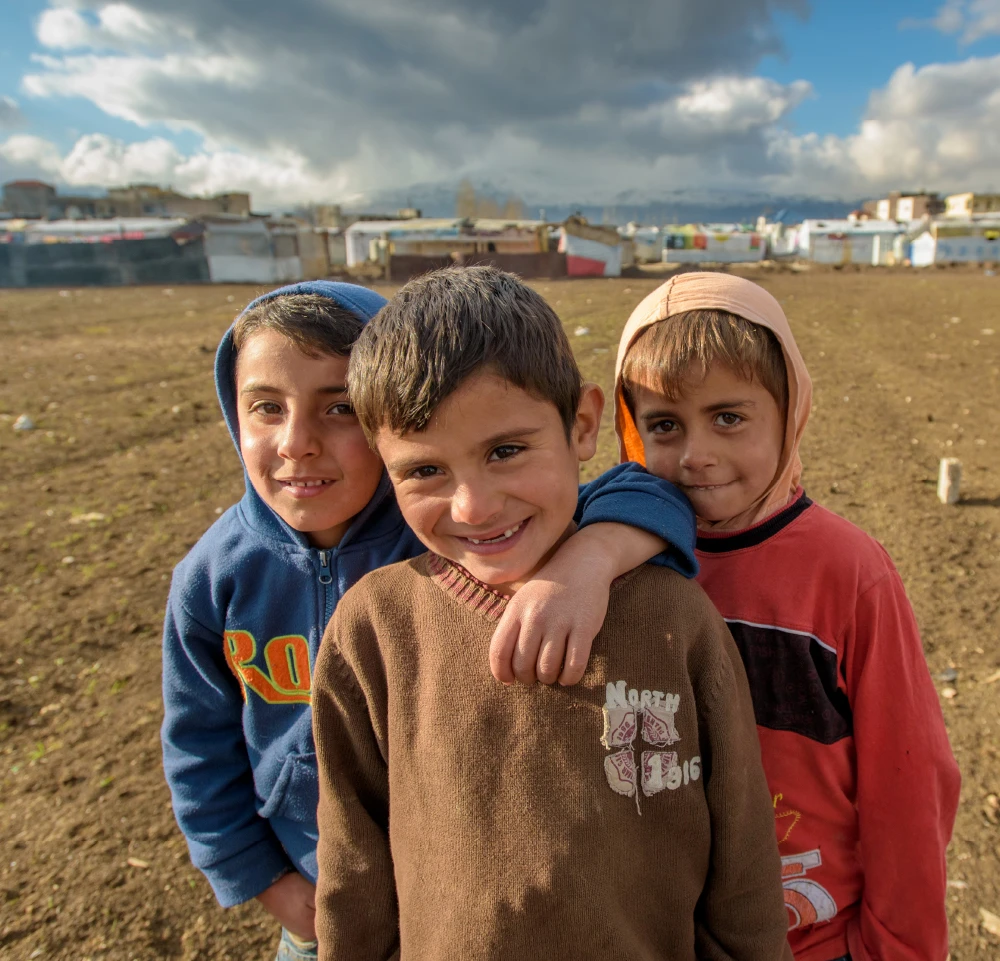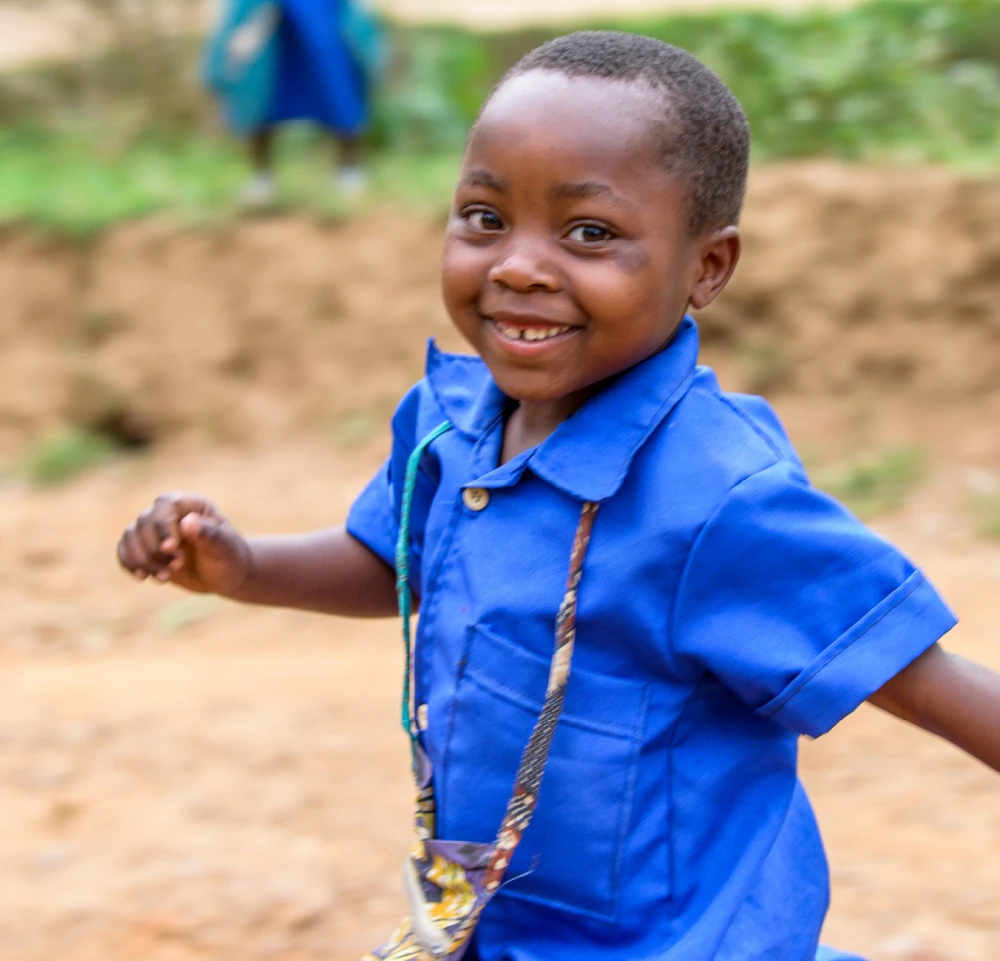
Children have the right to be completely protected from the fear or any potential abuse resulting from inappropriate contact by a sponsor or other persons.
As such, World Vision discourages direct, unmonitored communication with your sponsored child or family without our knowledge. This includes telephone calls, emails, social media communication or unplanned visits to see your sponsored child.
Your privacy and security are equally important to us, and sponsored children and families are discouraged from contacting you without World Vision’s knowledge as well. This is to protect you from being solicited to meet needs beyond your commitment as a sponsor. Please report to World Vision immediately if you receive such contact.

